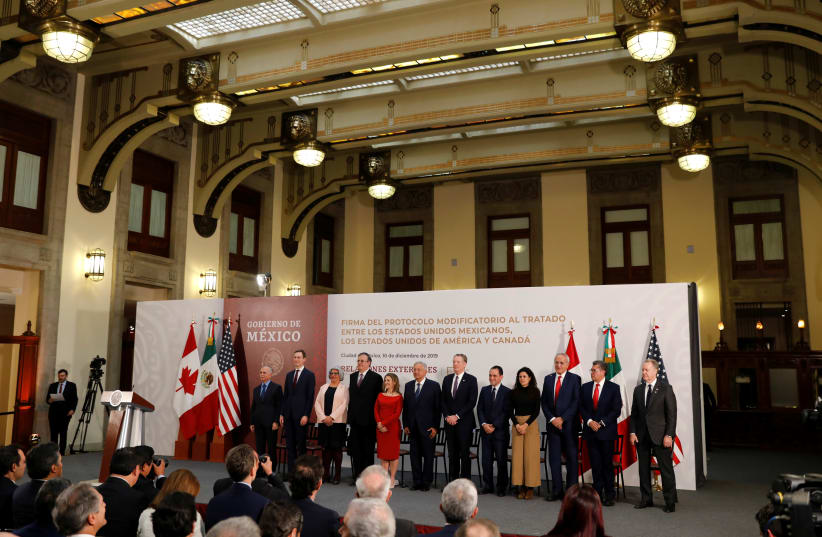U.S., Canada and Mexico agree new trade agreement
The United States, Mexico, Canada Trade Agreement, or USMCA, would replace the North American Free Trade Agreement (NAFTA), a regional pact in place since 1994 that encompasses $1.2 trillion in annual trade across the continent.
